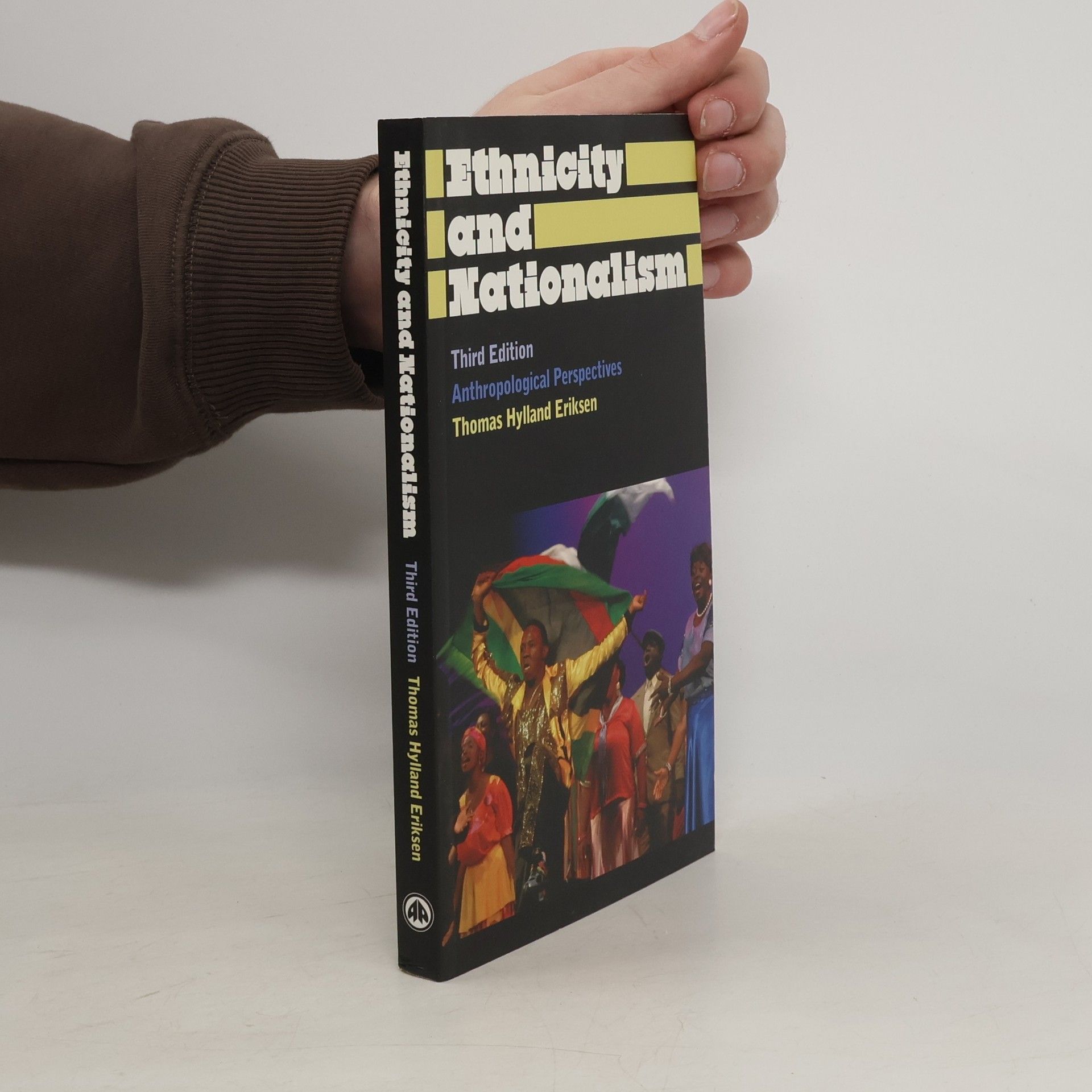Dreck, Abfall, Kehricht, Schlacke, Schrott und Müll: Viele Wörter bezeichnen diesen immer größer werdenden Bereich unserer Zivilisation, mit dem wir uns eigentlich nicht auseinandersetzen möchten, dessen möglichst rasche und diskrete Entsorgung uns wesentlich lieber ist. Aber die Auseinandersetzung mit dem Müll ist nicht nur unumgänglich, sie kann auch sehr heilsam sein, gehört er doch zu den verdrängten Tatsachen der modernen Zivilisation. Der Autor betreibt mit seinem Buch eine längst fällige kulturphilosophische Abfallforschung – vom Haushalts- und industriellen Abfall über Menschen die nicht mehr gebraucht werden, bis zu Informationsmüll. Betrachtet man Mensch und Müll in ihren jeweiligen Kontexten, ergeben sich überraschende Perspektiven. Mit einem wohltuend sachlichen und distanzierten Blick auf alles, was stinkt, ekelt, verschmutzt und stört, gelingt es dem Autor, uns für das Phänomen Müll zu interessieren und unser Augenmerk auf diese Schattenseiten des modernen Lebens zu richten. Eine spannende und folgenreiche Untersuchung, zeigt sie doch auch Notwendigkeit und Möglichkeit, dieses verdrängte Thema bzw. seinen stofflichen Inhalt wieder in unsere realen und ideellen Kreisläufe zu integrieren.
Thomas Hylland Eriksen Bücher
Thomas Hylland Eriksen ist ein Sozialanthropologe, der sich auf Themen wie Identität, Nationalismus und Globalisierung konzentriert. Sein Werk trägt zur Popularisierung der Sozialanthropologie und zur Kritik des norwegischen Nationalismus bei, wobei seine Arbeiten häufig in viele Sprachen übersetzt werden. Eriksen leitet auch eine umfassende interdisziplinäre Forschung zu den Krisen der Globalisierung, einschließlich wirtschaftlicher, ökologischer und kultureller Herausforderungen. Sein Schreiben zielt darauf ab, komplexe gesellschaftliche Phänomene einem breiten Publikum verständlich zu vermitteln.







Wir brauchen dringend Langsamkeit: für erfüllende Beziehungen, Kreativität und Selbstbestimmung. Ein Appell zum souveränen Umgang mit der Zeit - und eine „brillant polemische Kulturanalyse“ (Deutsche Welle).
What is Anthropology?
- 208 Seiten
- 8 Lesestunden
Leading anthropologist Thomas Hylland Eriksen shows how anthropology is a revolutionary way of thinking about the human world. Perfect for students, but also for those who have never encountered anthropology before, this book explores the key issues in an exciting and innovative way. Lucid and accessible, What is Anthropology? draws examples from current affairs as well as previous anthropological studies. He looks at the history of anthropology, its unique research methods and some of its central concepts, such as society, culture and translation. This second edition contains a new introduction, as well as updates throughout. New content includes discussions about Brexit, the rise of the populist Right in Europe, the anthropology of climate change and social media. What is Anthropology? shows in persuasive ways why anthropology is a fundamental intellectual discipline, perhaps more so in the 21st century than ever before.
Ethnicity and Nationalism
- 246 Seiten
- 9 Lesestunden
New edition of this core text for all students of social anthropology. Additions include cultural property rights and commercialisation of identity.
A History of Anthropology
- 264 Seiten
- 10 Lesestunden
Thoroughly updated and revised edition of a popular classic of modern anthropology.
Globalization
- 228 Seiten
- 8 Lesestunden
For the first time in human history, the vast majority of the world's population is connected through trade, travel, production, media and politics. Ours is an era of ubiquitous mobile communication, economic outsourcing, mass migration and imported consumer goods. At the same time, people everywhere are concerned to keep their identities rooted and sense of place in the face of momentous change. This new edition of Thomas Hylland Eriksen's concise and engaging landmark textbook outlines the main debates and controversies around globalization, and develops a unique perspective to show how globalization is an inherently double process, taking place both from above and below. Each chapter is supported by boxed case studies and bullet points summarizing the core information, suggestions for further reading, and essay and discussion questions, making this the ideal guide for both the classroom and independent study. Focusing on key concepts of globalization and drawing on international examples, this book is essential for anyone wishing to understand the fundamental processes underlying the contemporary world and the consequences these have for all of us.
Small Places, Large Issues
- 464 Seiten
- 17 Lesestunden
This concise introduction to social and cultural anthropology has become a modern classic, revealing the rich global variation in social life and culture across the world.The text provides a clear overview of anthropology, focusing on central topics such as kinship, ethnicity, ritual and political systems, offering a wealth of examples that demonstrate the enormous scope of anthropology and the importance of a comparative perspective. Unlike other texts on the subject, Small Places, Large Issues incorporates the anthropology of complex modern societies. Using reviews of key monographs to illustrate his argument, Eriksen's lucid and accessible text remains an established introductory text in anthropology.This fourth edition is updated throughout and increases the emphasis on the interdependence of human worlds. It incorporates recent debates and controversies, ranging from globalisation and migration research to problems of cultural translation, and discusses the challenges of interdisciplinarity in a lucid way. Effortlessly bridging the perceived gap between "classic" and "contemporary" anthropology, Small Places, Large Issues is as essential to anthropology undergraduates as ever.
The book critically examines anthropology's struggle for recognition and relevance in the modern world. It highlights the discipline's intellectual strengths while challenging anthropologists to engage more actively with contemporary issues, such as immigration and biotechnology. Eriksen advocates for a return to narrative storytelling, urging the community to move beyond dry analysis and confront the complex challenges of today's societies without hesitation.
Overheating
- 192 Seiten
- 7 Lesestunden
A major intervention on the overarching challenges of modernity from one of the world's leading anthropologists

